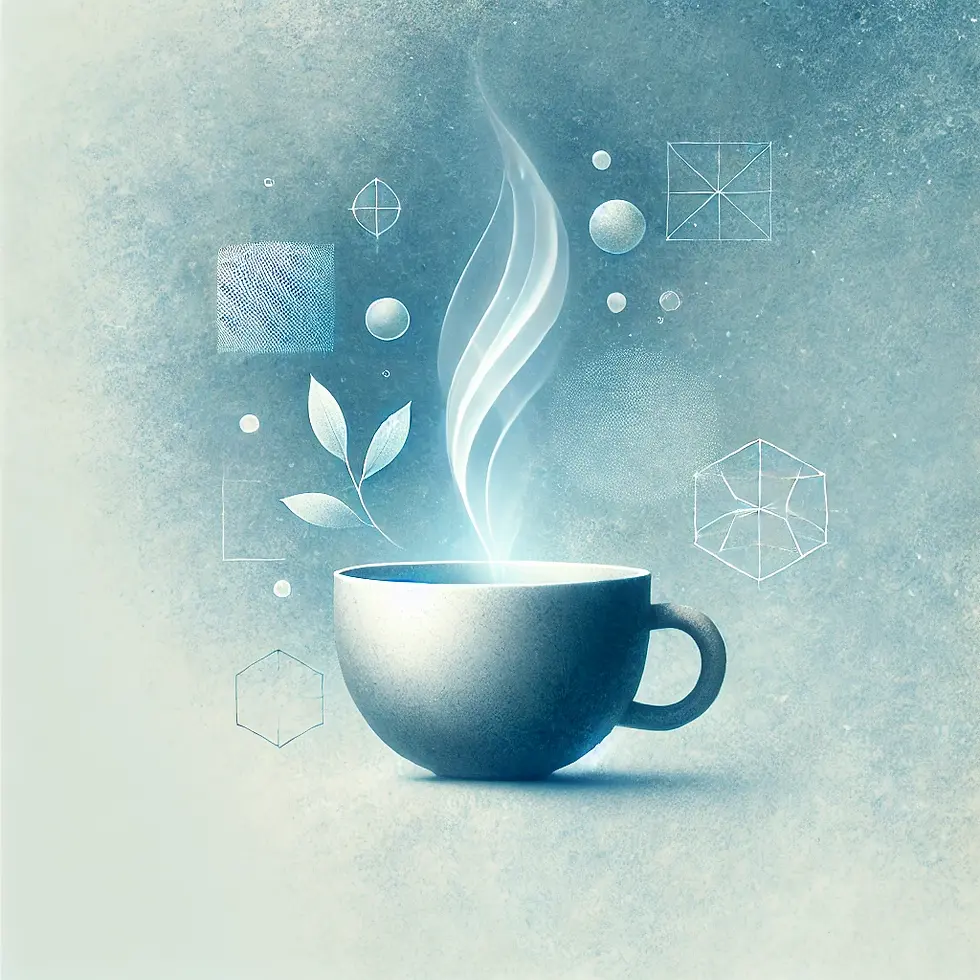How to Drink Water: An Ayurvedic Perspective
- Brian Shaad

- Dec 2, 2024
- 2 min read

Water is life. It sustains every cell, tissue, and organ in the body. Yet, how you drink water — the quantity, temperature, and timing — has profound effects on your digestion, energy, and overall well-being. Ayurveda provides thoughtful guidance to ensure water supports your body’s natural rhythms, rather than disrupting them.
Quantity: Sip, Don’t Gulp
Drinking large amounts of water at once, even when thirsty, can disrupt your digestive system. It may lead to impaired digestion, poor nutrient absorption, heaviness, excessive salivation, sinus congestion, and even low energy levels. Ironically, overhydration can trigger more thirst, creating a counterproductive cycle.
Instead, Ayurveda recommends sipping small amounts of hot or warm water throughout the day. This steady intake supports proper hydration without overwhelming the digestive system.
However, during hot months, it is appropriate to increase your water intake to replenish fluids lost through heat and maintain balance. The body can naturally handle increased quantities of water in such conditions without harm.
Temperature: The Healing Power of Hot Water
Hot water is a cornerstone of Ayurveda:
Kindles digestion, promoting healthy peristaltic movements in the gastrointestinal tract.
Helps digest food quickly and efficiently.
Is safe even in small or large quantities, as it does not impair digestive capacity.
Hot water offers additional benefits, such as stimulating digestion, burning fat, reducing cholesterol, soothing the throat, easing sinus congestion, purifying the urinary tract, and being effortlessly digestible.
Cold water, especially ice water, has the opposite effect:
It restricts the secretion of gastric juices, hindering the breakdown of fats.
Can lead to sore throats, sinus congestion, abdominal cramping, and even a decreased heart rate.
Is heavy and challenging for the digestive system to process.
For optimal health, Ayurveda recommends freshly boiled water or boiled and cooled water. The latter is especially rejuvenating, eliminating fatigue and boosting energy. When preparing boiled water:
Allow it to cool naturally rather than combining it with cold water.
Avoid drinking water that has been boiled and left unused for more than a day, as it loses its beneficial properties and can cause indigestion.
When to Drink: Timing Matters
Ayurveda emphasizes the timing of water consumption to ensure harmony with digestion:
During meals: Sip a moderate amount of hot water to aid digestion.
Before meals: Avoid drinking water immediately before eating, as it dilutes digestive juices, leading to inadequate nourishment.
After meals: Refrain from drinking water right after a meal, as it can disturb digestion, increase body fat, and cause lethargy or excessive sleep.
The Ayurvedic Way to Hydrate
In Ayurveda, water is more than a thirst quencher — it’s a tool to balance and kindle your digestive fire. By paying attention to how, when, and in what quantities you drink water, you can transform this simple act into a cornerstone of your health and vitality.


Comments